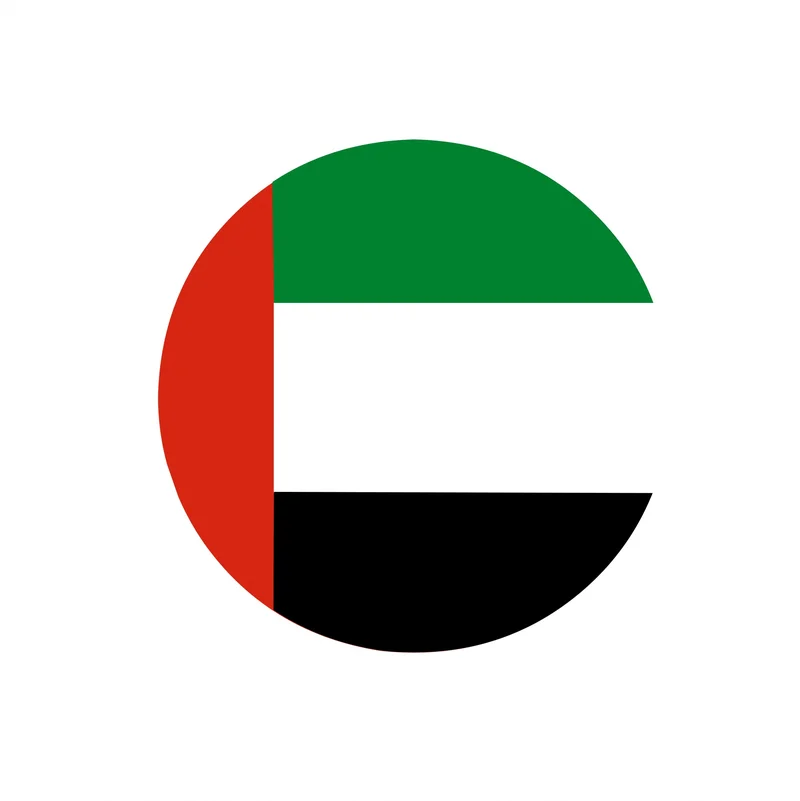Okay, folks, buckle up, because we're looking at a potential turning point in a conflict that’s been raging in Sudan. The United Arab Emirates, after a lot of… let’s call it “complicated involvement,” is publicly admitting it might've made some missteps. Specifically, acknowledging that not cracking down harder after the 2021 coup was a big, big mistake.
Is this a genuine change of heart? Or just a strategic repositioning in a very messy game? That's the million-dollar question.
Acknowledging the Mess
Let’s be real: the UAE's fingerprints have been all over this conflict, particularly their support for the Rapid Support Forces (RSF). We're talking accusations of supplying weapons, ignoring atrocities, the whole nine yards. Now, suddenly, they're saying they want a civilian-led government? That both the RSF and the army have "disqualified themselves"? It's enough to make you raise an eyebrow, or maybe both.
Anwar Gargash, a senior UAE diplomat, even said they "should have put our foot down collectively" after the coup. I mean, wow. Talk about an understatement. But here’s the thing: acknowledgements are only as good as the actions that follow them.
The big idea here? It's not just about admitting fault; it’s about the potential for a complete reset. A chance to actually build a lasting peace, if, and that’s a massive if, the UAE is serious about changing course. But what if this admission is just a smokescreen? What if the UAE’s core interests – resources, Red Sea access, pushing back against Islamism – still depend on playing both sides?
Think of it like this: imagine you're building a house, and you realize the foundation is cracked. Do you keep building on top of it, hoping for the best? Or do you tear it down and start over? The UAE is, in effect, admitting the foundation of their Sudan policy was flawed. Now, will they actually rebuild it properly?
Yasmine Ahmed from Human Rights Watch makes a critical point: a real commitment means proactively cooperating with the UN on the arms embargo. No more covert support, no more excuses. It’s time for transparency, folks.

And here’s where things get even more interesting: the US is hoping the UAE and Egypt (who backs the Sudanese army) can collectively pressure their proxies into a ceasefire. They've even got a joint statement calling for a humanitarian truce and a civilian-led government. But as Cameron Hudson, a former US special envoy on Sudan, says, until everyone agrees on the basic facts, resolving this conflict is going to be incredibly difficult.
Let's zoom in on the why: Why was the UAE so entangled in Sudan in the first place? Resources, plain and simple. Sudan's been touted as the "breadbasket of the Arab world" for decades, and the UAE, like other Gulf states, has been eager to secure access to its agriculture, livestock, and mineral wealth. Gold, in particular, is a major prize, with billions of dollars’ worth being smuggled out of the country, often through routes controlled by the RSF. Why is the UAE involved in Sudan’s bloody civil war?
But it's not just about money. The UAE also sees Sudan as a strategic foothold, a place to project power across the Red Sea and counter the influence of Islamism. It's a complex mix of economics and ideology, all playing out in a country torn apart by war.
The question is, can the UAE disentangle itself from the RSF without sacrificing its own interests? Is it possible to pursue stability and development in Sudan without backing warlords and fueling conflict?
A New Dawn for Sudan?
When I first read about Gargash's admission, I honestly felt a surge of hope. This could be a turning point. But hope, as they say, is not a strategy. The UAE needs to back up its words with concrete actions. They need to fully cooperate with international efforts to end the conflict, hold those responsible for atrocities accountable, and support a genuine transition to a civilian-led government.
And here's the thing we need to remember: this isn't just about geopolitics or economics. It's about the lives of millions of Sudanese people who have been caught in the crossfire for far too long. It's about the future of a country that deserves peace, stability, and the chance to build a better future for itself.
A Chance to Rewrite History
This isn’t just a shift in policy; it's a chance for the UAE to redefine its role in the region. A chance to move from being a player in a bloody conflict to a genuine force for peace and development. The world is watching, and the Sudanese people are waiting. Let’s hope they seize this moment.
